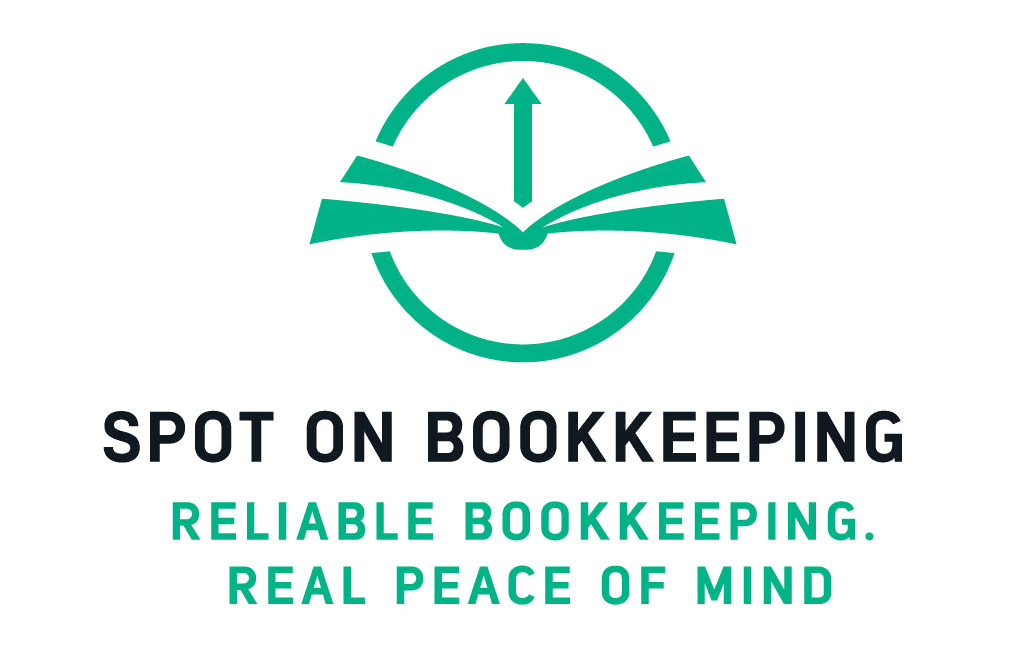Beyond Basic Numbers: The Real Power of Strategic Reporting
Many Scotia business owners receive monthly financial reports but struggle to translate those numbers into actionable growth strategies. The difference between basic bookkeeping reports and strategic financial reporting can determine whether your business stagnates or thrives. When financial reporting is done correctly, it becomes your roadmap for informed decision-making and sustainable growth.
Too often, business owners glance at their profit and loss statements, check their bank balances, and assume they understand their financial position. However, surface-level reporting misses critical insights that could transform your business operations. Strategic financial reporting goes beyond recording transactions to provide analysis that drives profitable growth.
The Growth-Focused Approach to Financial Data
Effective financial reporting starts with understanding what metrics actually matter for your specific business model. Generic reports might show revenue and expenses, but growth-oriented reporting identifies which revenue streams provide the highest margins, which expenses deliver the best return on investment, and where operational inefficiencies are limiting profitability.
Consider a Scotia retail business that received standard monthly reports showing steady revenue growth. However, deeper analysis revealed that while total sales increased, profit margins had declined 15% over six months due to shifts in product mix and rising operational costs. Without strategic reporting, this downward trend would have remained hidden until it became a serious problem.
Key Performance Indicators That Drive Decision Making
Strategic financial reporting focuses on key performance indicators specific to your industry and business goals. This might include customer acquisition costs, lifetime customer value, inventory turnover rates, or seasonal trend analysis. The goal is providing data that helps you make confident decisions about pricing, staffing, inventory, and growth investments.
Professional bookkeeping services that specialize in strategic reporting can identify which metrics matter most for your business type and growth stage. They create customized dashboards that highlight trends, opportunities, and potential concerns before they impact your bottom line.
Cash Flow Analysis: The Foundation of Growth Planning
Cash flow reporting extends far beyond tracking when money comes in and goes out. Strategic cash flow analysis helps predict future funding needs, identify optimal timing for major purchases, and ensure you maintain adequate working capital during seasonal fluctuations or unexpected market changes.
Many profitable businesses fail because they don't properly manage cash flow timing. Strategic reporting helps you anticipate cash needs weeks or months in advance, allowing you to secure financing on favorable terms or adjust operations to improve cash generation. This proactive approach prevents the crisis management that often accompanies poor cash flow planning.
Benchmarking and Competitive Analysis
Effective financial reporting includes comparative analysis that shows how your business performs relative to industry benchmarks and your own historical performance. This context helps identify whether changes in your numbers reflect business improvements, market conditions, or operational issues that need attention.
For Scotia businesses, this might include comparing your gross margins to industry averages, analyzing your operating expense ratios, or tracking how your customer retention rates compare to similar businesses. This benchmarking reveals opportunities for improvement and validates successful strategies.
Turning Reports into Actionable Growth Strategies
The ultimate test of financial reporting effectiveness is whether it leads to concrete actions that improve business performance. Strategic reports should highlight specific opportunities for cost reduction, revenue growth, operational improvements, or strategic investments. Without actionable insights, even the most detailed reports become expensive paperwork.
Professional financial reporting includes interpretation and recommendations based on your specific business situation. This might involve suggestions for optimizing pricing strategies, recommendations for reducing operational costs, or analysis of potential expansion opportunities based on your current financial position.
The Investment That Pays for Itself
Many business owners view comprehensive financial reporting as an expense rather than an investment. However, strategic reporting typically pays for itself through improved decision-making, cost reduction opportunities, and growth strategies that might otherwise be overlooked. The key is working with professionals who understand how to translate numbers into business value.
Is your current financial reporting helping drive your Scotia business toward its growth goals, or are you simply tracking numbers without strategic insight? Contact Spot On Bookkeeping at (518) 703-7727 to discover how strategic book cleanup and professional financial reporting can transform your business data into a powerful growth tool. Your business deserves reporting that works as hard as you do.
